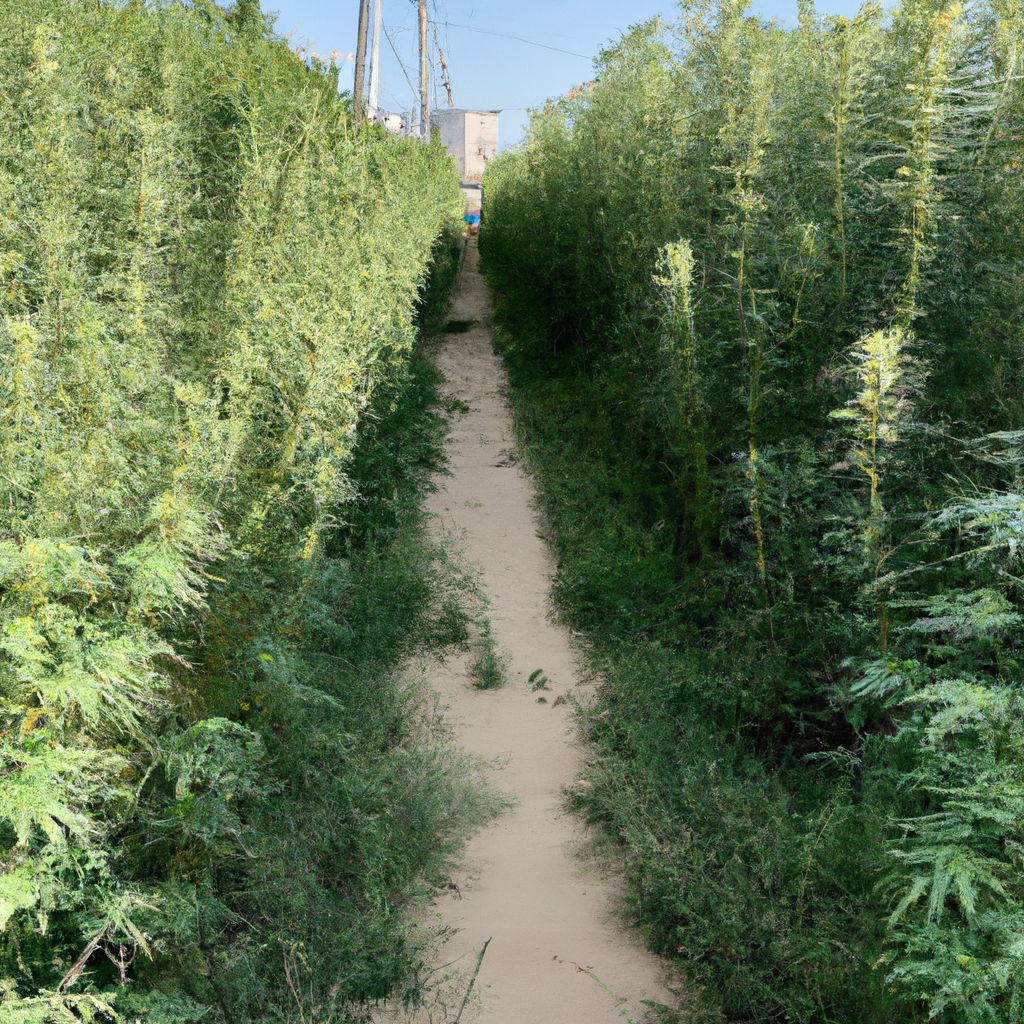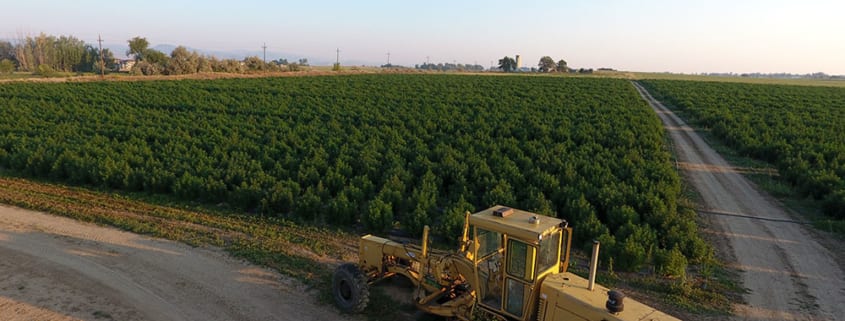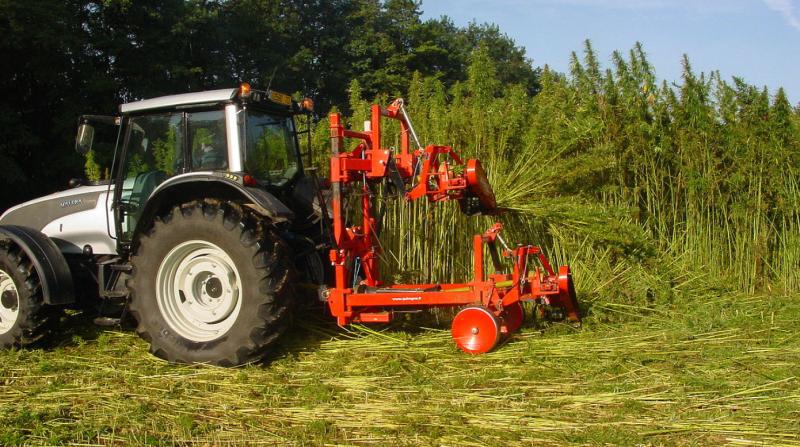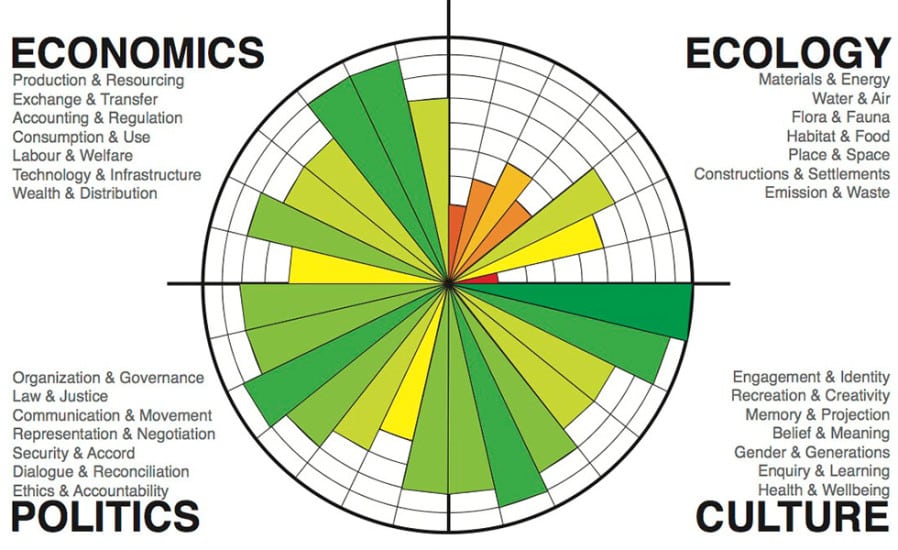
Hemp Corridors and Micro-Decorticators: Cultivating a Sustainable Future
Hemp, a versatile and eco-friendly plant, is poised for a resurgence. One innovative approach gaining traction is the concept of Hemp Corridors – dedicated zones where small-scale hemp farms collaborate to create a robust and sustainable hemp ecosystem. These corridors, coupled with mobile micro-decorticators, offer a promising path towards environmental rejuvenation, economic revitalization, and a strong sense of community.
Environmental Impact:
- Land Remediation: Hemp thrives in various soil conditions, including degraded land. Cultivating hemp corridors can help clean contaminated soil through a process known as phytoremediation, where plants absorb and break down pollutants.
- Carbon Sequestration: Hemp is a champion carbon sink, absorbing significant amounts of carbon dioxide from the atmosphere. Widespread hemp cultivation within corridors can contribute to mitigating climate change.
- Biodiversity Promotion: Hemp cultivation fosters healthy ecosystems by attracting beneficial insects and promoting soil health, leading to increased biodiversity.
Economic Benefits:
- Job Creation: Hemp corridors create opportunities for new jobs in farming, processing, and product development. This can revitalize rural economies and provide income diversification for local communities.
- Localized Production: Hemp corridors promote local processing and value addition, reducing reliance on long-distance transportation and minimizing the industry’s carbon footprint.
- Sustainable Materials: Hemp offers a sustainable alternative to traditional materials in various industries. Hemp corridors can create a reliable source of these eco-friendly materials, boosting the green economy.
Community Building:
- Collaboration and Knowledge Sharing: Hemp corridors foster collaboration among farmers, processors, and other stakeholders. This knowledge exchange strengthens the community and paves the way for innovation.
- Transparency and Traceability: By operating within a defined corridor, the origin and processing of hemp can be transparently tracked, fostering trust and responsible practices.
- Empowerment and Social Cohesion: Hemp corridors empower local communities to take control of their economic and environmental destiny. This fosters a sense of shared purpose and social cohesion.
The Hemp Nation Group’s Investment:
The Hemp Nation Group (HNG), a leader in open-source hemp development, envisions a future with a fleet of 10 mobile micro-decorticators serving a network of hemp corridors. Micro-decortication is the initial processing step, separating the hurd (inner woody core) and fiber from the hemp stalk. This crucial step allows for further processing into a variety of products.
Investment Estimation:
While the exact cost can vary depending on factors like size and features, a single mobile micro-decorticator can range from €3,750 to €4,550. Therefore, The Hemp Nation Group’s investment in a fleet of 10 micro-decorticators would be approximately €37,500 to €45,500, not included the maintenance-, training- and transportscosts.
Open-Source and Automation:
HNG’s commitment to open-source development extends to micro-decorticators. By sharing knowledge and collaborating on design improvements, the cost of these machines can be reduced, making them more accessible to small-scale farmers and processing cooperatives.
Conclusion:
Hemp corridors and mobile micro-decorticators offer a compelling vision for a sustainable and thriving hemp industry. The Hemp Nation Group’s investment and commitment to open-source development are a testament to their leadership in this transformative movement. By prioritizing environmental well-being, economic empowerment, and community collaboration, hemp corridors have the potential to cultivate a brighter future for all.






